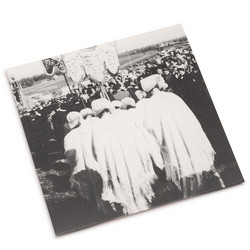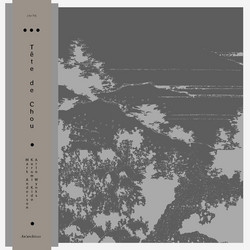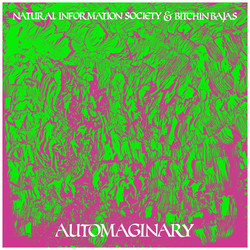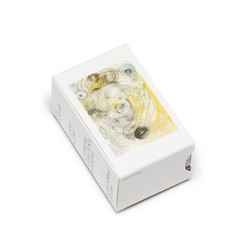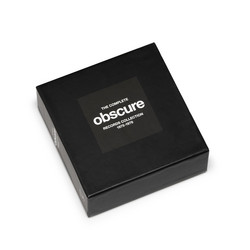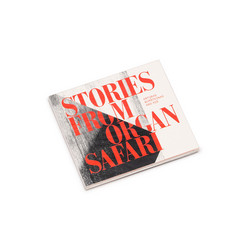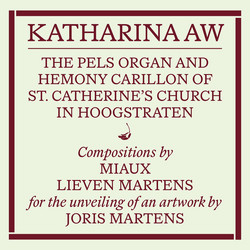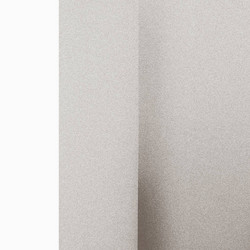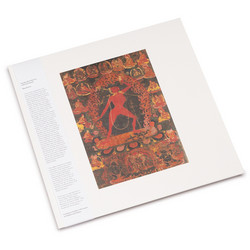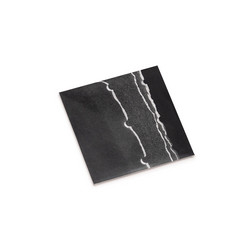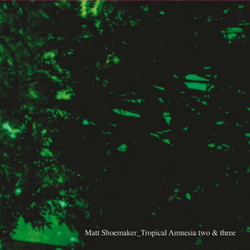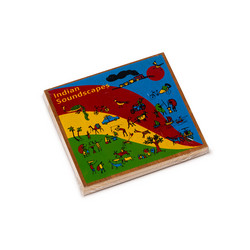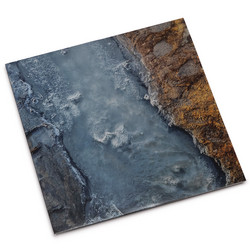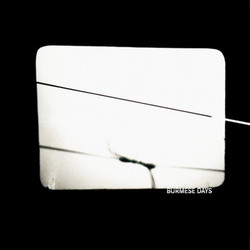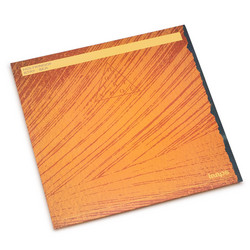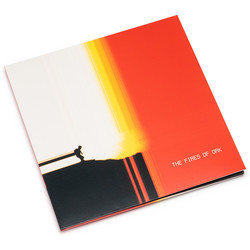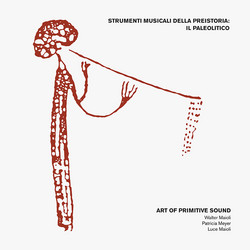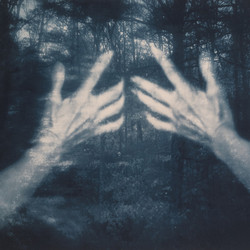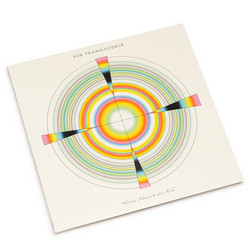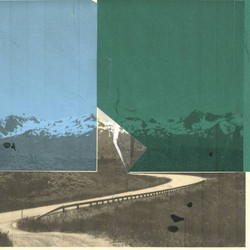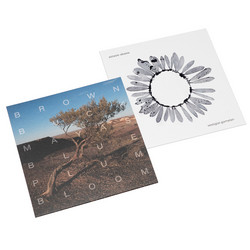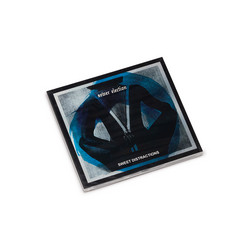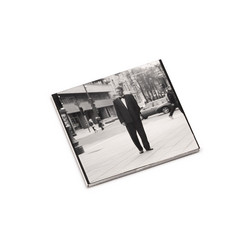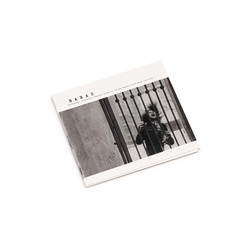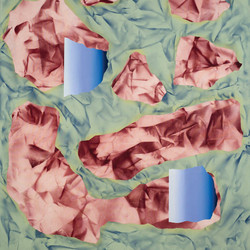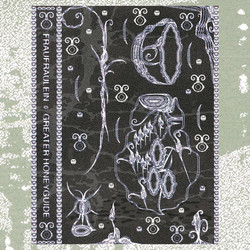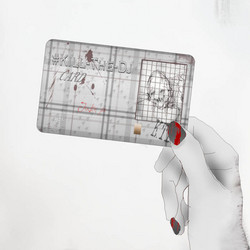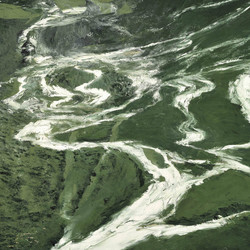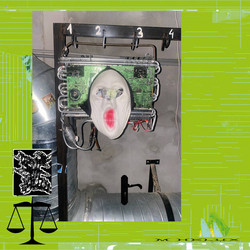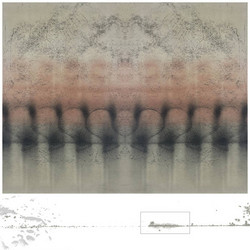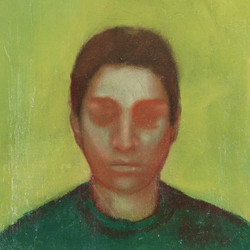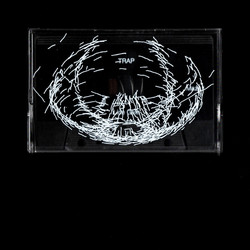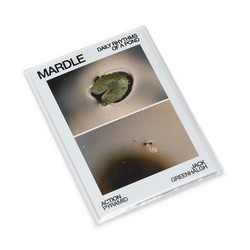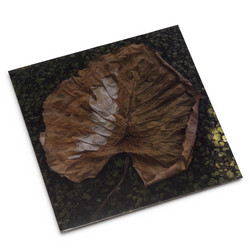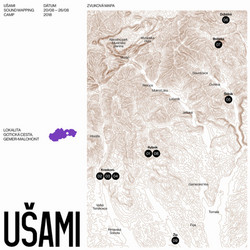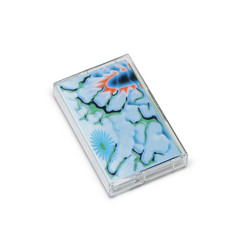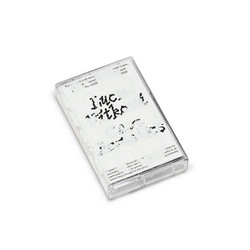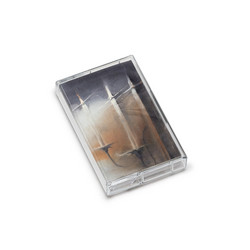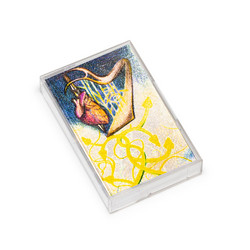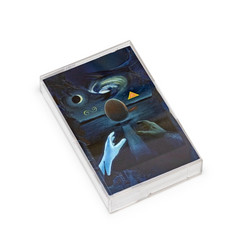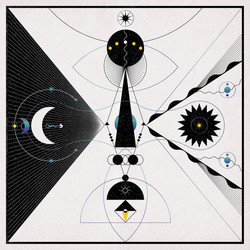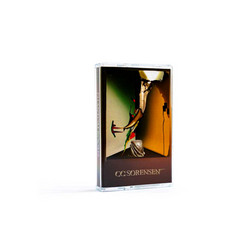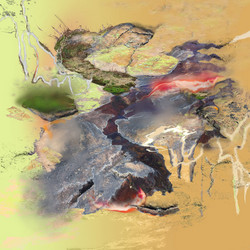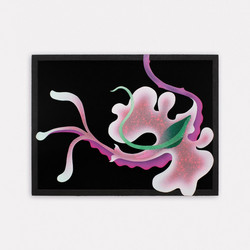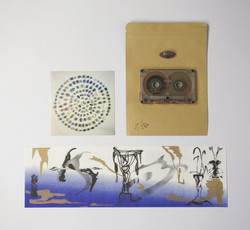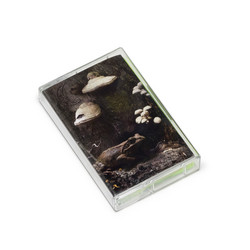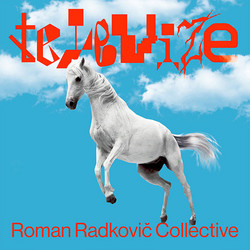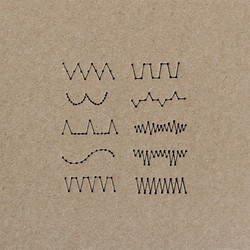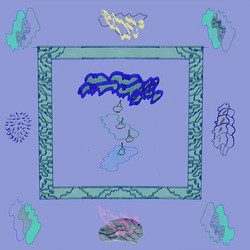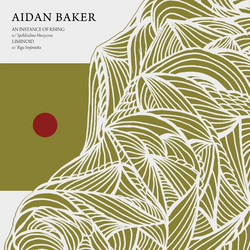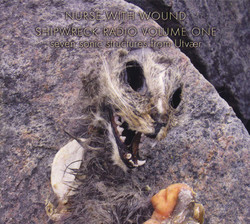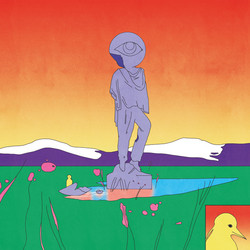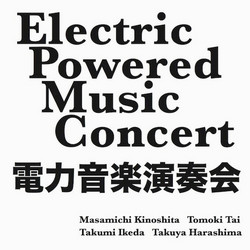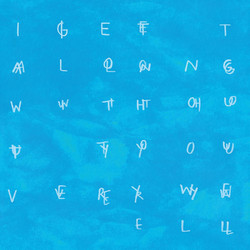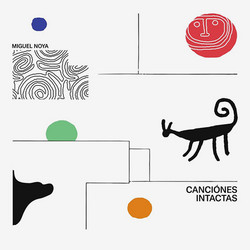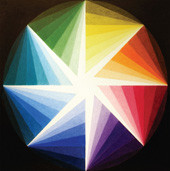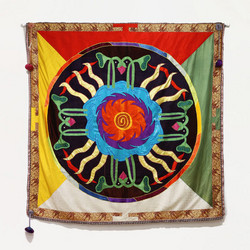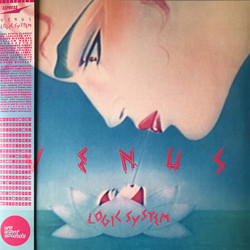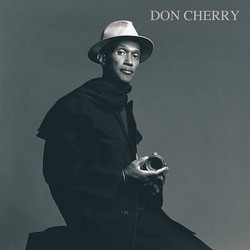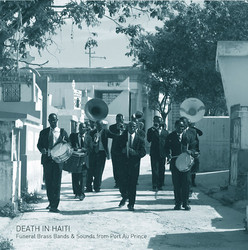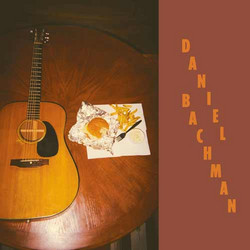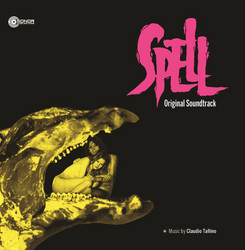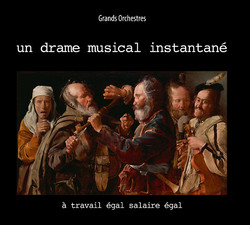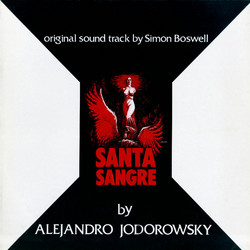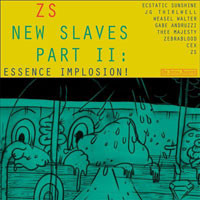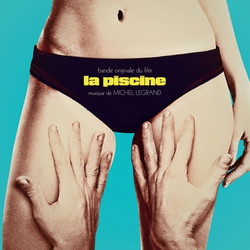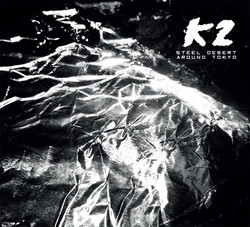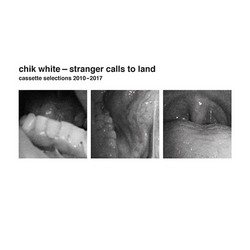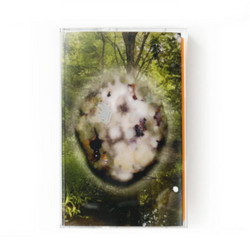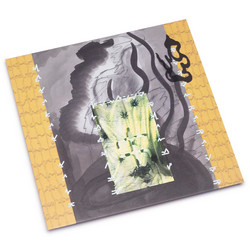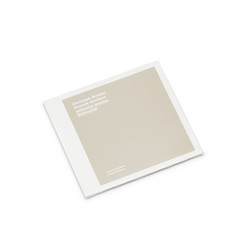Tasting Menu
Stand Closer When You Have Something to Say (Tape)
Stand closer when you have something to say documents two separate elaborations upon a single physical space: a studio in Los Angeles, California with concrete floors and large, wooden firehouse-style doors that face a moderately busy street. Tasting Menu—a trio of multi-instrumentalists Tim Feeney, Cody Putman, and Cassia Streb—give attention to the room by rubbing its surfaces; opening and closing its portals; allowing its natural resonances; and moving about it spatially, left to right and front to back. These two collective improvisations—“while shaking the box” and “i heard glass breaking,” recorded April 3rd and 18th of 2020, respectively—are full of texture, haze, sadness, motion, color, mischief, disjuncture, and gel, while leaving little trace of the slightly less welcome substance that is performer ego.
The ensemble took the album’s titular phrase as a sort of text score, a prompt inspired by the common bluegrass one-mic recording technique where an instrumentalist or vocalist in an ensemble positions their body closer to the room’s mic as they begin to take the lead line in a song. In this case, however, the performers do not have their mind towards a lead/rhythm ensemble relationship, but instead towards the establishment and curation of a gestalt texture, welcoming and incorporating all other sound present within the room and hearing it as a singular whole. In such a setup, each performer projects their listening, playing to the imagined ears of a future listener as represented by a stereo recording device. With each performer effectively playing producer on the spot, the recording has more in common with a collage work than a more typical documentation of a group improvisation might.
By nature of their site-engaging performances Tasting Menu’s slight oeuvre emphasizes the scenes and sounds of Los Angeles and the areas immediately surrounding. For instance, the ensemble’s 2020 release for Full Spectrum, Mueller Tunnel is “a site-specific performance that was recorded on-location within” its namesake tunnel, “located in the Angeles Mountains, roughly 20 miles north of Pasadena, California.” Accompanied by a beautiful book featuring photo documentation by Eric Basta and graphic transcriptions by the ensemble’s own Cassia Streb, the project carries a distinctive dry and rocky spaciousness unique to the Southern California landscape.
Following that, the first track on Stand closer when you have something to say was recorded during a rare Los Angeles thunderstorm. Rain in L.A. has a somewhat intoxicating effect. As the city’s toxic layer reaches land via precipitation, the city’s streets slicken with built up auto oil, trash makes its way to the shoreline, and recently scorched hillsides fall prey to floods and mudslides. These are the odd symptoms of a drought-stricken city at last finding long overdue nourishment and coming to life, like a body rejecting water after becoming dehydrated. Luckily, the city is already a slow wash of tan and gray hues with little organizing structure, so its inhabitants aren’t oblivious to the noisy static affect that a storm might bring. The trio engages in an Angeleno way, opening doors and letting the storm’s roar sweep the structure, not giving space for it and not competing with it, but playing within it, playing rough around it.
It’s only within the album’s final quarter that any ensemble member plays a pitched instrument. The eventual appearance of tone is somewhat startling following nearly an hour of noise-based textures, but the sudden harmony lends a proper cadence, an uncanny resolution which allows the listener’s own space to speak. For this listener—who does most of her work out of a garage in Los Angeles, CA—, that space happens to also be a small room with concrete floors and a large door which is often open to whatever weather the city might bring. - Leah Levinson (Happiness Journal, Tone Glow, Soap Ear)
Tim Feeney is an improviser, composer, and interpreter, who has worked with the trio Meridian, with percussionists Sarah Hennies and Greg Stuart, pianist Annie Lewandowski, cellist and electronic musician Vic Rawlings, vocalist Ken Ueno, saxophonist Andrew Raffo Dewar, banjo and electronic musician Holland Hopson, trumpeter Nate Wooley, sound artists Jed Speare and Ernst Karel, video artist Jane Cassidy, and many others. He currently teaches at California Institute of the Arts.
Cassia Streb is a violist, improvisor, and composer with work spanning collaborations with poet Mark Yackich, creative non-fiction writer Steven Osborne, and sound installations with Thadeus Reed. She is a founding member of the Southland Ensemble, a contemporary chamber ensemble dedicated to the interpretation and performance of experimental music, as well as the Koan Quartet, a string quartet performing works by living composers.
Cody Putman is an artist, musician, and writer working in experimental music, performance, and social practice, performing primarily, though not solely, on the bassoon. He has performed regularly with Erika Bell and The Lentils and has extensive experience organizing events, concerts, and gatherings. Together, the ensemble has performed at REDCAT, Coaxial, Human Resources, Avenue 50, and the underwolf summer festival as well as live streaming events for Full Spectrum and Infrequent Seams.
